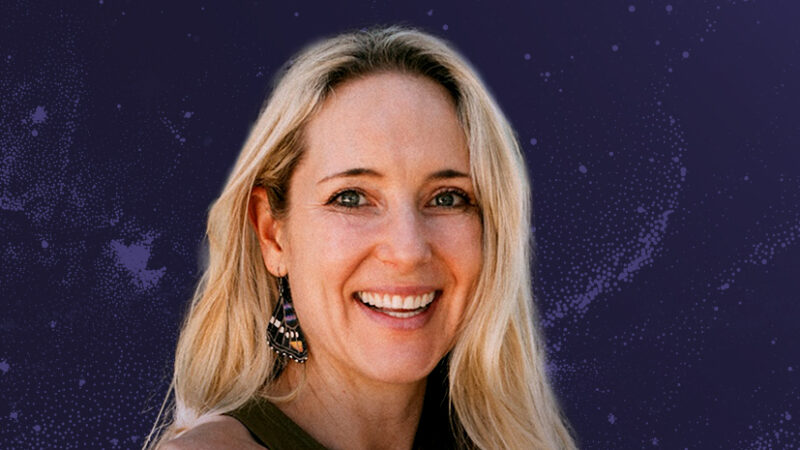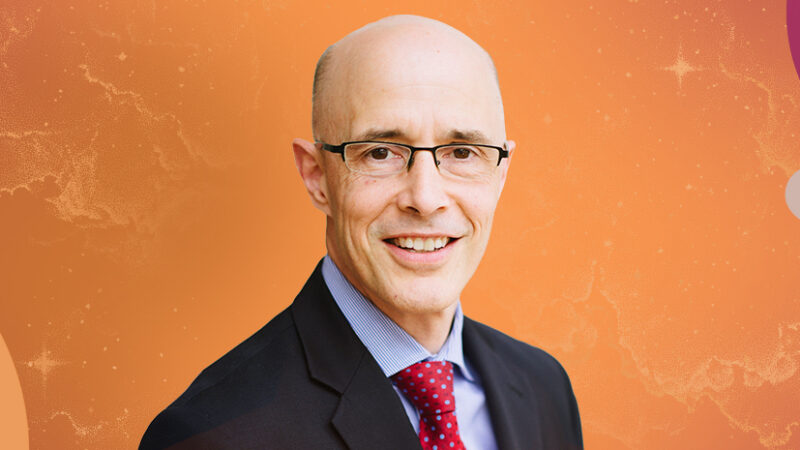Susan David is a psychologist teaching at Harvard Medical School, cofounder of the Institute of Coaching at McLean Hospital, and the bestselling author of Emotional Agility: Get Unstuck, Embrace Change, and Thrive in Work and Life. In this episode of Insights at the Edge, Tami Simon talks with Susan about modern society’s attitudes toward emotion—specifically our tendency to label certain feelings as good or bad, and the dysfunctional behaviors that arise as a result. Susan explains that a much healthier approach is to identify “bad” emotions as “tough” or “difficult,” allowing us to examine them in a granular way that helps in processing them. Tami and Susan discuss how this informed method of dealing with emotions can be taught to children, which is especially important for learning not to bottle or brood upon unpleasant feelings. Finally, Susan draws upon a story from her adolescence to illustrate why emotional honesty is paramount for living a fulfilled life and why forced positivity never works out in the long run. (66 minutes)
Tami’s Takeaway: I loved hearing from a Harvard professor that “chasing happiness just doesn’t work.” It certainly hasn’t worked for me. Instead, she teaches how rewarding it can be to orient ourselves towards fulfillment and living a life that is meaningful. And then in some strange, unexpected way, happiness dawns. My two favorite quotes from this interview are: “Discomfort is the price of admission to a meaningful life,” and “Life’s beauty is inseparable from its fragility.”





